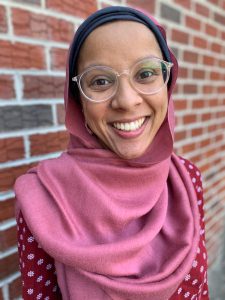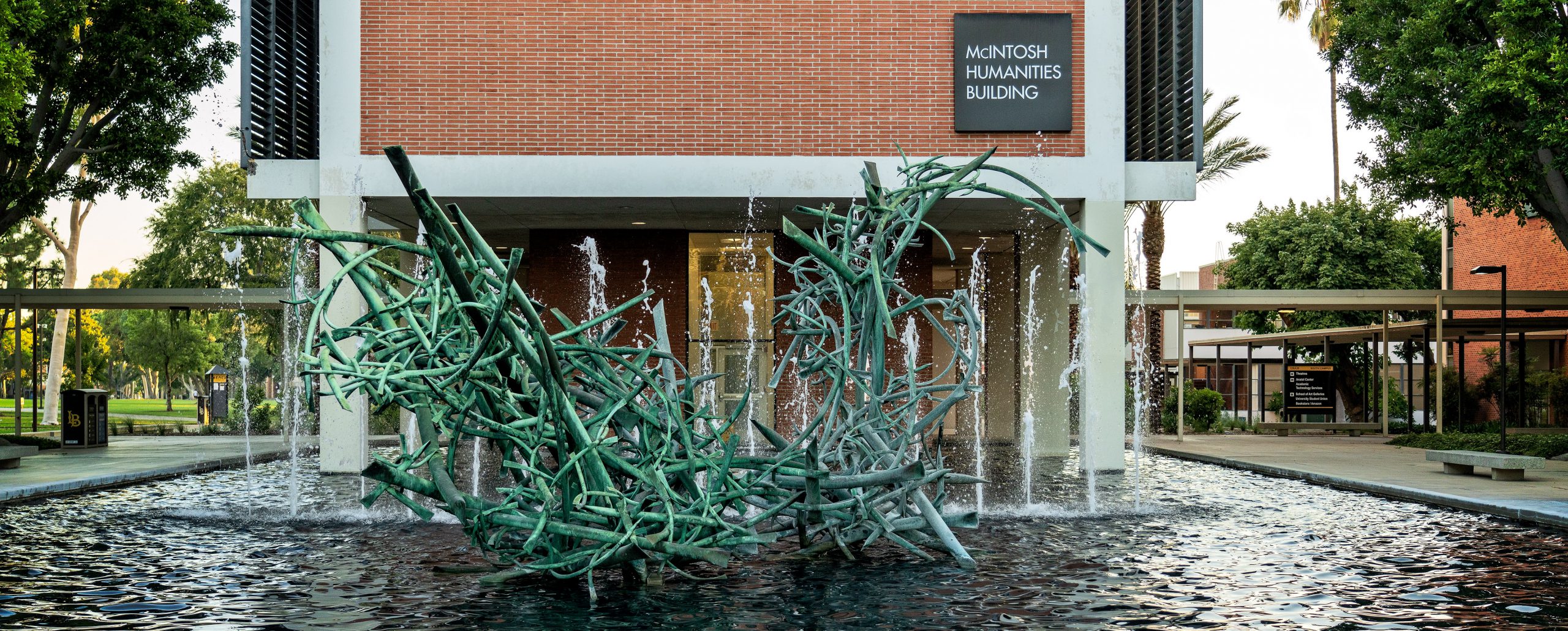Department of Human Development Welcomes New Professor this Fall
October 20, 2020 Building on her experiences in the classroom as a teacher and a student, Dr. Samiha Rahman will emphasize how important it is for educators to have an open mind and a willingness to learn when she joins the faculty in CSULB’s department of human development this fall.
Building on her experiences in the classroom as a teacher and a student, Dr. Samiha Rahman will emphasize how important it is for educators to have an open mind and a willingness to learn when she joins the faculty in CSULB’s department of human development this fall.
Dr. Rahman discovered that she wanted to work with and teach youth while she was earning her bachelor’s degree at Columbia University in history and ethnicity and race studies, learning about the history of racism, power, identity, white supremacy, and many other social issues. “That got me concerned about really wanting to deepen my understanding of racial injustice, but also, trying to work in ways to understand how we can use social justice and politicize young people,” she says.
But after starting her teaching career, Dr. Rahman realized that the job was not exactly what she expected, and she was spending a fair amount of time creating lesson plans and working on the syllabus. She wanted to better understand what it meant to teach young people of color, and most important, wanted to do it in a way that would be better for her students. That’s when she returned to Columbia to study for a doctorate in education and Africana studies.
“I decided to get a Ph.D. because I wanted to even more deeply understand a lot of these issues and more deeply understand what we’re teaching young people,” she says. “How do we want them to be in the world? Let’s just think more about what it means to educate a young person of color today.”
As a Muslim, Dr. Rahman has firsthand experience with racism and social issues and their effects. She describes experiencing alienation, stereotyping and racism in her K-12 years in Portland, Oregon. One encounter with a substitute teacher stands out in her memory.
“He was trying to tell all the students that Islam is actually a very dangerous religion, that it’s very violent and things like that,” she says. “I was going back and forth with him, and he wouldn’t take my perspective seriously. He felt like I was brainwashed, essentially. It made me realize that in that instance, it doesn’t matter what I say, that’s not going to change this person’s perspective, and this is a person in a position of authority.”
With encounters like the one with the substitute teacher in mind, Dr. Rahman says she’ll strive to ensure that everyone has a voice in her classroom. In the fall, she’ll be teaching the Approaches to Adolescence and Emerging Adulthood and the Acquisition of Culture classes. Her courses will offer a different perspective because, while still fulfilling the basic requirements, they will focus on Black Muslim youth.
“Now I’m on the other side as a professor,” she says. “[I want] students from a minoritized background to feel welcome in this space, and that their perspectives are really privileged and really taken seriously, because I did not always have that experience in my own educational upbringing.”
Dr. Karen Quintiliani, chair of the human development department, says that her teaching experience and research give her the ability to “diversify the department and college curriculum.”
For her part, Dr. Rahman is not only excited about teaching students, but also about learning from them and their diverse perspectives. “We are all learning from one another; I’m learning from my students and my students are learning from me,” she says. “Not this one way of thinking that the professor has all the knowledge and the students just sit there, take notes, memorize everything and regurgitate it back.”
Profile story by Pete Escobar
